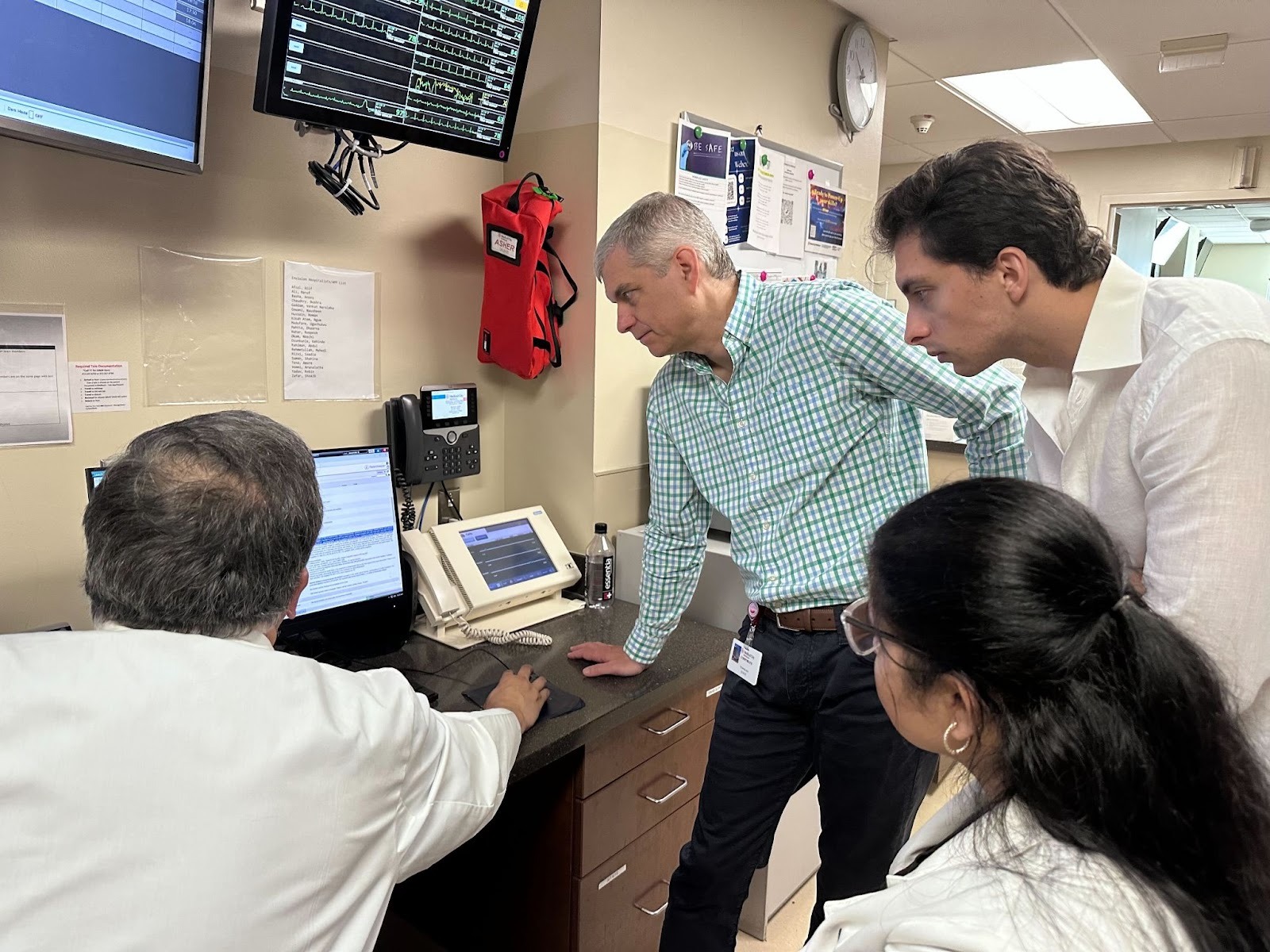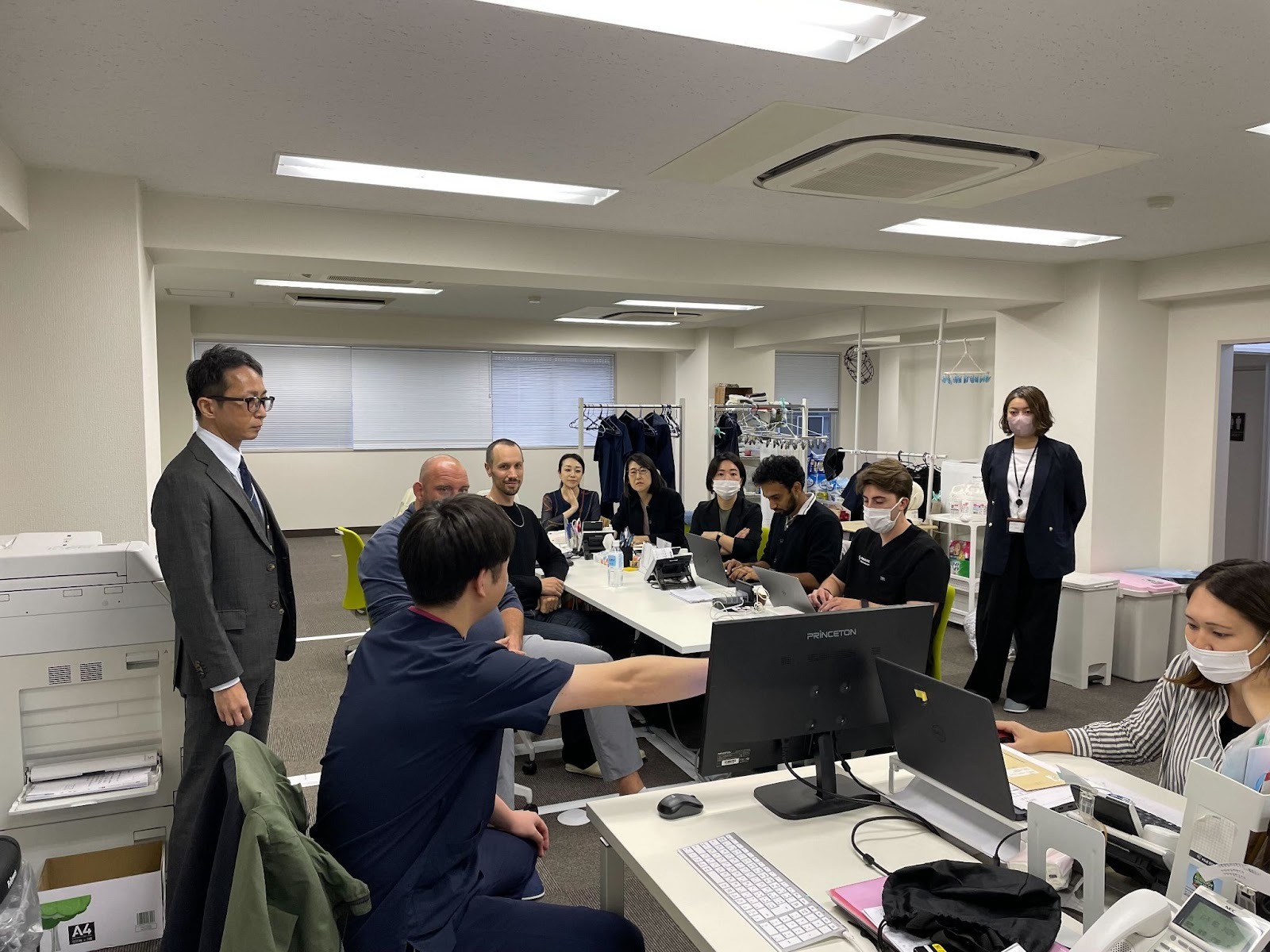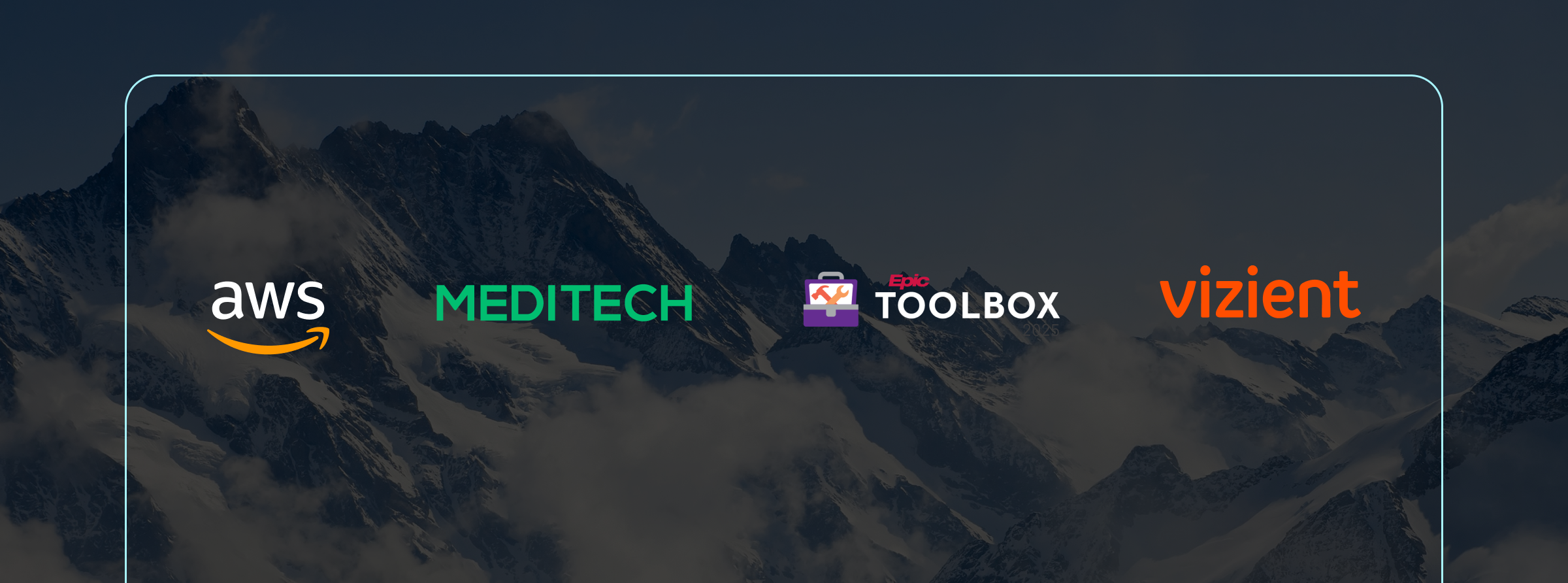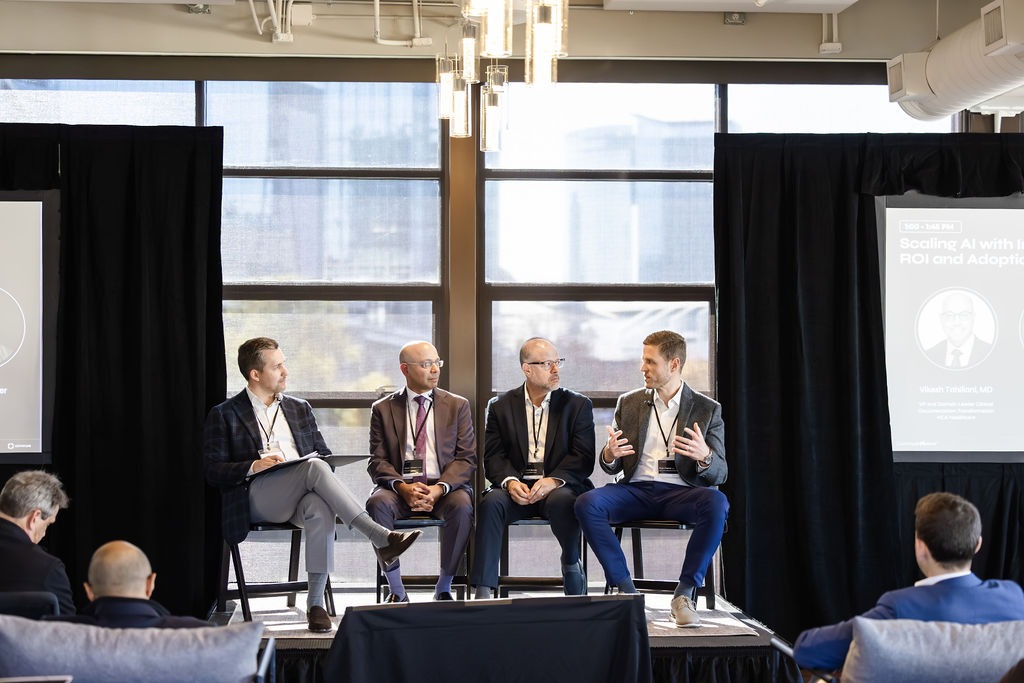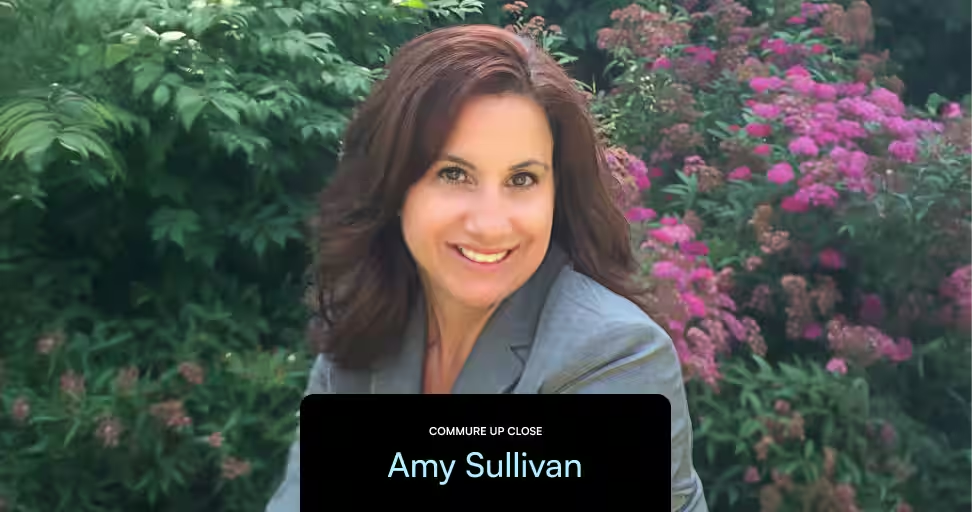You likely had several options — why did you choose Commure?
Rishi Bhuwaneswara, Senior Manager, Strategic Growth (Electrical Engineering Computer Science & Economics ‘23): Interning at several large tech companies, I felt like most moved slowly and didn’t iterate fast enough to meet the needs of the customer. I was looking for an environment where I could make an impact in an industry I was passionate about and quickly take my ideas to production. The fast-paced culture and the ability to work with people who are super passionate about creating a better patient experience drew me to Commure. While big tech companies often offer stability, the upside and ability to make an impact is also limited. There is truly no limit to your growth at Commure.
Ash Bhat, Head of R&D (Interdisciplinary Studies Field - Society & Technology ‘18): My company was acquired by Commure. At the time, I was evaluating an exit between a public data set company and Commure. Ultimately, I wanted to continue to learn and bet on an industry that I saw long-term growth in. No matter what happens, healthcare will always be an important part of critical infrastructure.
Colin FitzGerald, Software Engineer (Economics, minor in Data Science ‘22): I chose Commure because I connected with Dhruv’s vision of building a refined operating system for healthcare. I’ve experienced firsthand the inefficiencies of the American health system. When you are presented with the opportunity to be a part of something that contributes to that solution, it is a no-brainer to say yes.
Michael Huang, Software Engineer (Computer Science & Economics ‘22): I was excited by the pace and impact of working in healthcare infrastructure. Commure sits at a unique intersection of fast-moving technical work and deeply meaningful outcomes. It felt like a rare opportunity to help solve real, complex problems in a space that hasn’t historically moved fast. Also, healthcare is one of the few spaces where technical leverage directly translates to real-world impact.

How did UC Berkeley prepare you for working at Commure?
Rishi: Going to Berkeley was an amazing experience where I had the opportunity to learn alongside some of the smartest students in the country. The countless late nights in EECS lab and the plethora of extracurricular activities I participated in taught me that accomplishing hard things was possible. Commure has a similar environment where we’re constantly trying to solve large problems with employees who are super passionate about our mission.
Ash: UC Berkeley has a public campus culture where you interact with hundreds of people from many cultures throughout your academic career! Similarly, Commure has a large team and in many ways feels like a college community with many teams and cultures. The intense rigor of Berkeley’s curriculum and education also prepares you for the environment of supporting large health systems.
Colin: Berkeley is a tough academic environment, made even more difficult when balancing athletics alongside. For those who bring seriousness to both, it is a harrowing journey. If you persevere through this dual challenge and emerge on the other side, you'll find yourself well-equipped to handle any career obstacles that come your way.
Michael: Berkeley was a fast-paced, collaborative environment. Whether it was late-night project sprints in the CS labs or hashing through a problem set with friends in the Econ department, you learn how to think clearly under pressure and work well with others—skills that translate directly to how we build at Commure.

How have you grown at Commure?
Rishi: I’ve been at Commure for two years now and have really learned to believe in myself and in the well-researched ideas I have. At Commure, we make decisions quickly based on data, and I’ve realized that in most cases well-executed ideas tend to result in the desired outcome.
Ash: I've learned a lot about the inner workings of healthcare during my time at Commure. Along with learning how to operate within a large-scale company, I also got the opportunity to learn how to work with physicians and lead a forward-deployed team on the ground at a hospital.
Colin: I have learned to have more confidence in my intuition, attention to detail, and ability to think on my feet. Healthcare lends itself to many ambiguous problems that need quick solutions. At Commure, we are blessed with the freedom and trust to make both of the aforementioned happen.
Michael: I’ve leveled up my infrastructure skills significantly, especially when it comes to designing for scale, reliability, and long-term maintainability. Commure gives you real ownership over critical systems, which accelerates both technical and decision-making growth.
What is something you are really proud of accomplishing?
Rishi: A year ago, when we launched our Commure Ambient AI product, I was tasked with figuring out a GTM field sales motion. The goal was to bring our tool to as many providers’ workflows in the shortest amount of time. The opportunity to build this team from the ground up and see it become the backbone of our GTM motion is something that I’m really proud of.
Ash: Something I’m proud of accomplishing is building and launching the EHR (Air) product and scaling it to the first $1M in revenue. I’m also proud of leading a forward-deployed team and collaborating with Cincinnati Children’s Hospital to design and build out what the patient experience in a hospital of the future could look like.
Colin: I am proud of rebuilding the EHR Scribe backend to support the more specific workflows of EHR customers. The opportunity and resources to dissect the shortcomings of our initial infrastructure have led to immense growth for me as an engineer and redeemed our team’s initial shortcomings.
Michael: I’m proud of helping evolve our infrastructure to be more self-serve, configurable, and scalable. We’ve taken workflows that used to require manual coordination or one-off engineering efforts and turned them into systems that can handle higher throughput with much less friction. It’s rewarding to see the team move faster because the platform underneath has become more robust and flexible.

What’s something you love about your team that has nothing to do with work?
Rishi: I love how our team just feels like a group of friends that are trying to figure something out together. I keep our morning standups pretty fun, and I’ve also had the opportunity to travel to over 25 cities with most of my team over the last couple of quarters. I do believe that creating a fun culture within a team helps boost productivity.
Ash: Being with the team feels a bit like college again. We have a good group of folks coming from different backgrounds on a shared journey.
Colin: I love all of the inside jokes we have on our team, the lightness and bond we have makes it easier on the tougher days. Humor helps create a nice balance.
Michael: We come from very diverse technical and professional backgrounds, and somehow it all meshes. There’s a “melting pot” vibe on our team, everyone brings a different perspective, and that makes working together both fun and high-impact.

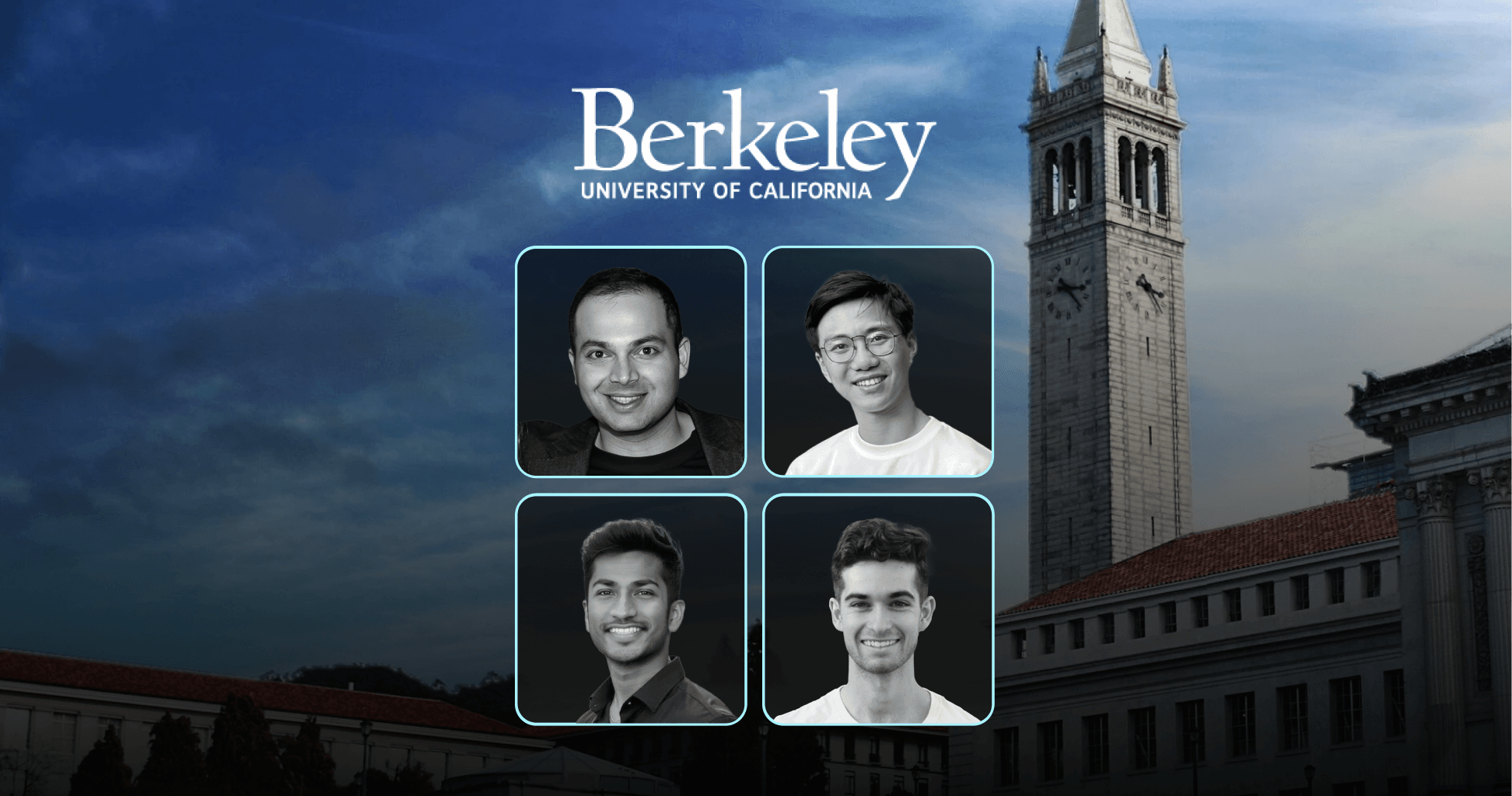

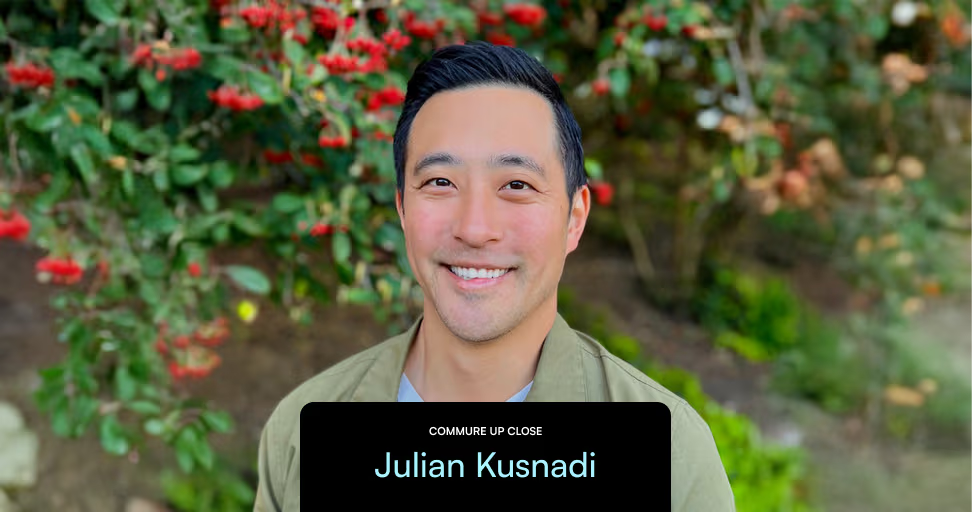
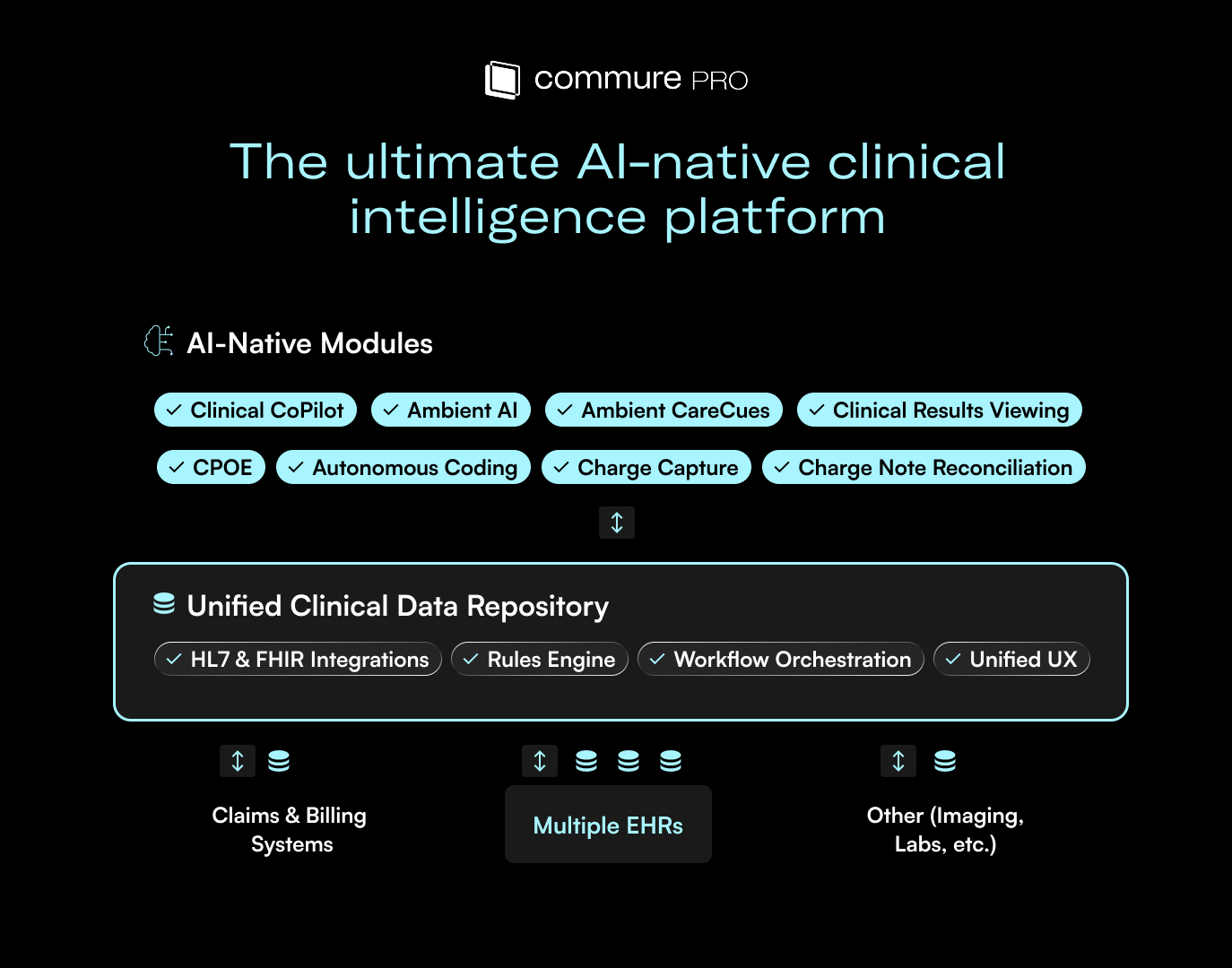

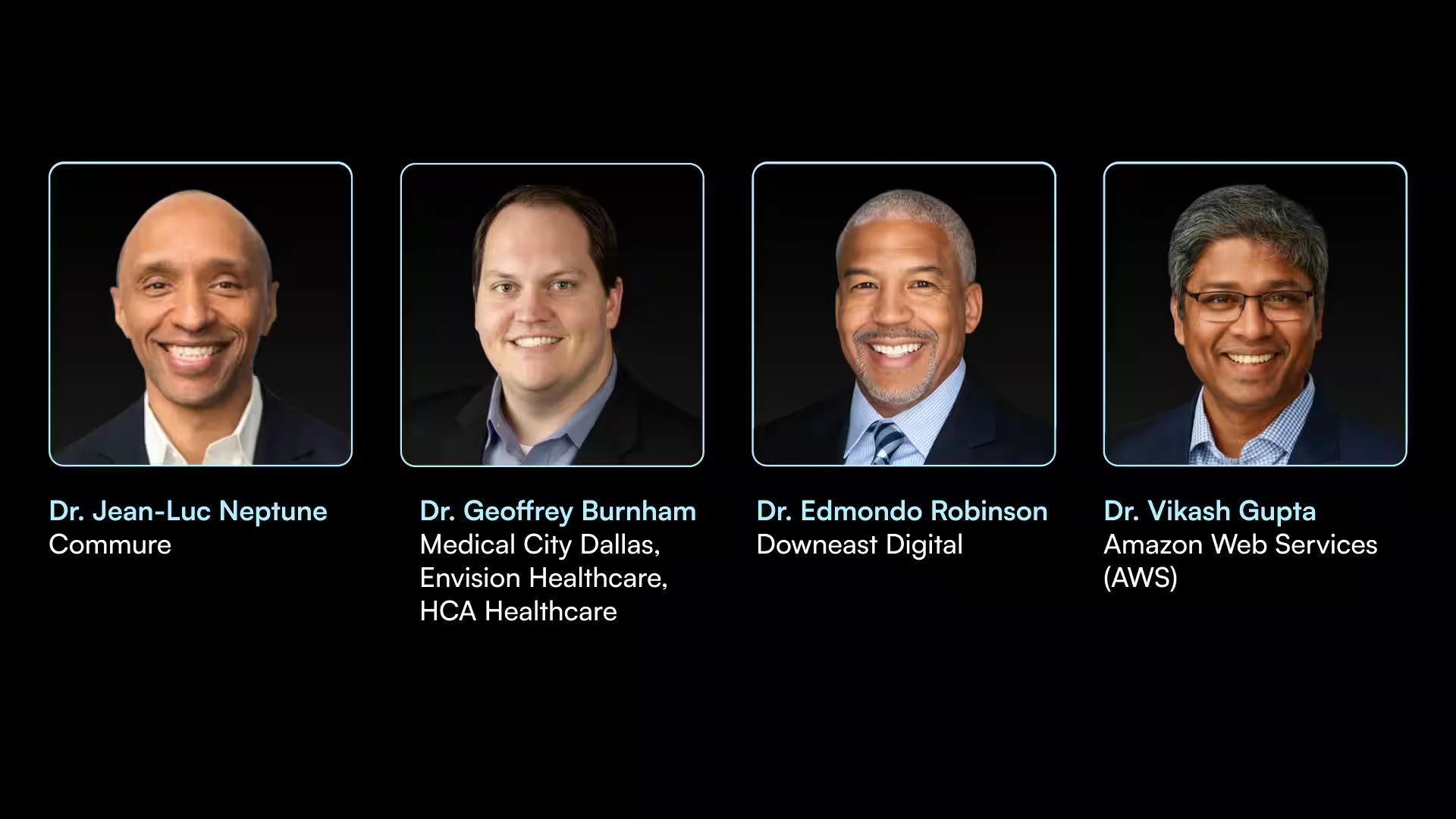
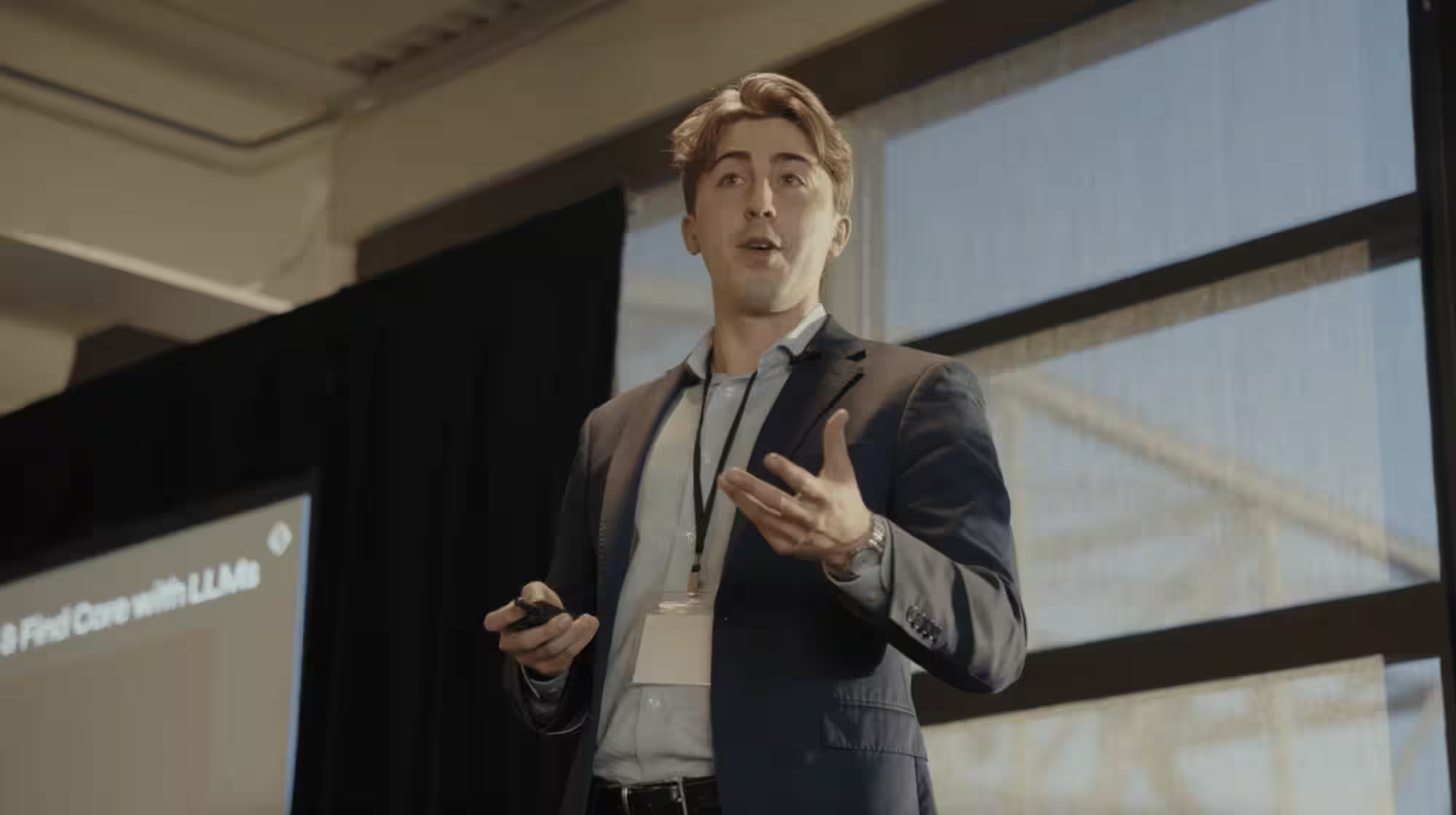
.avif)
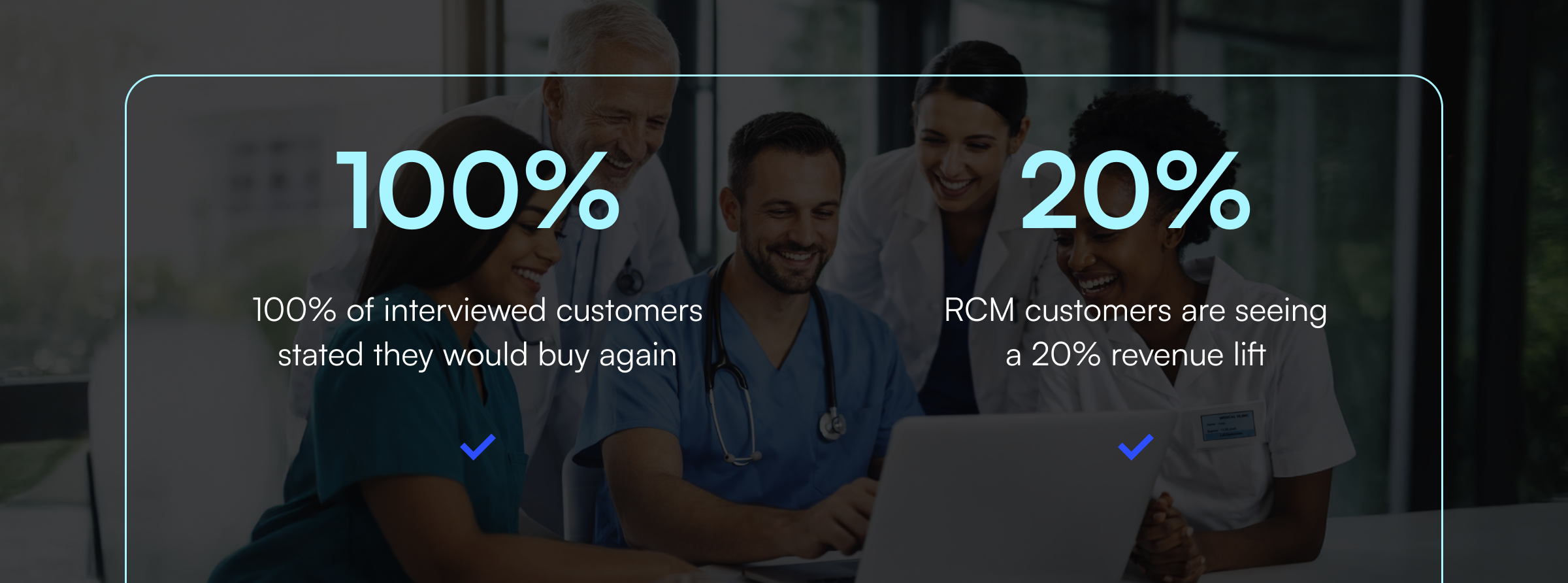
.png)
